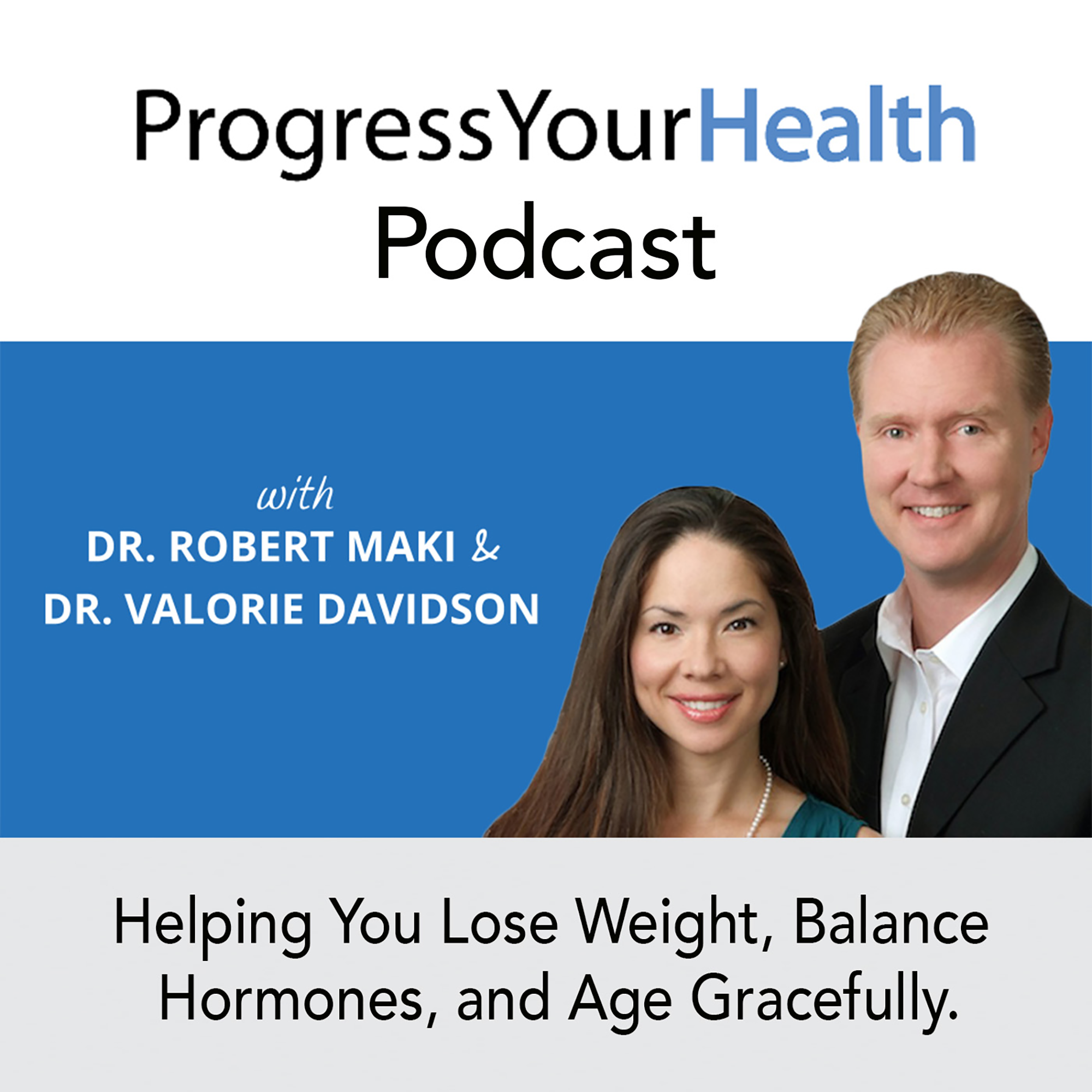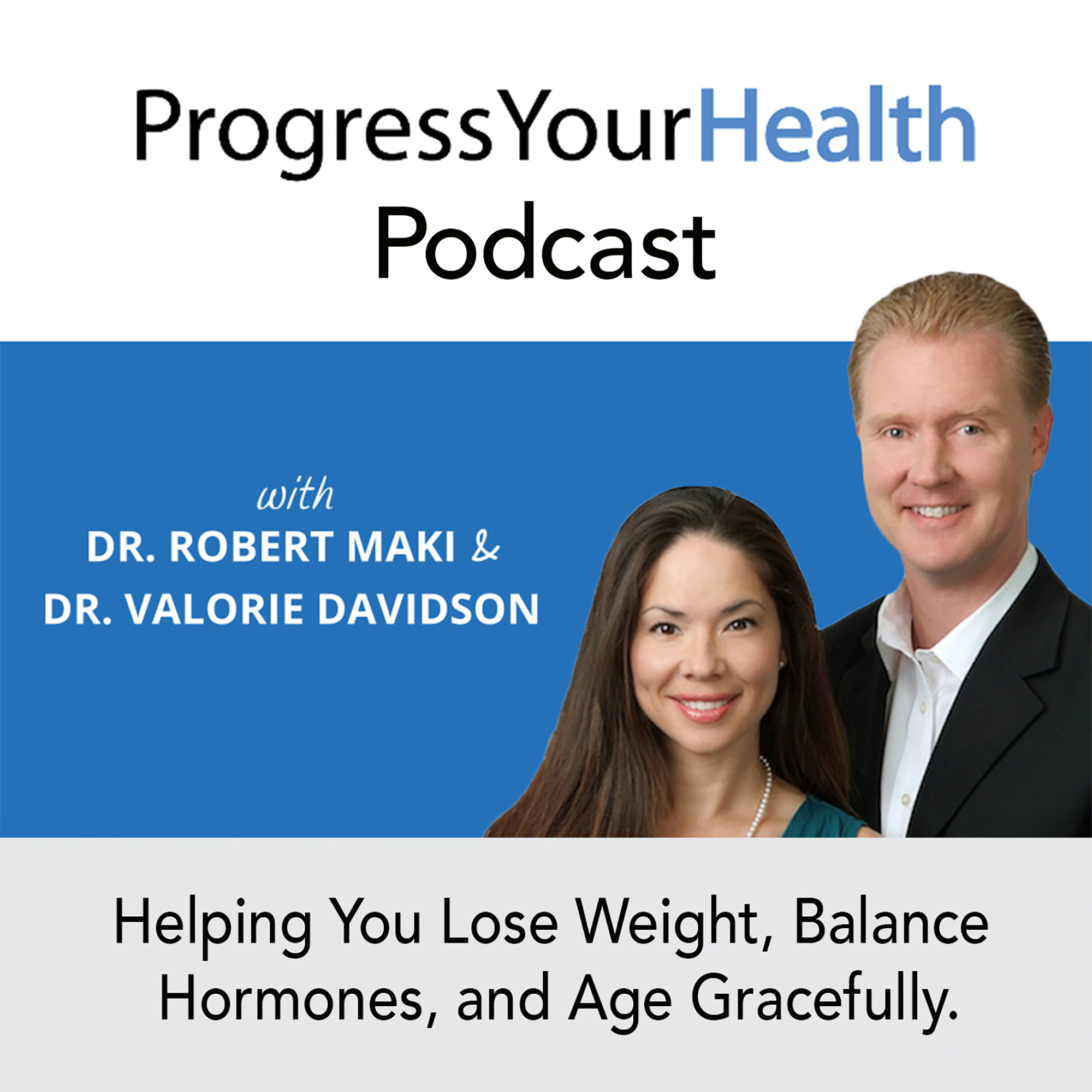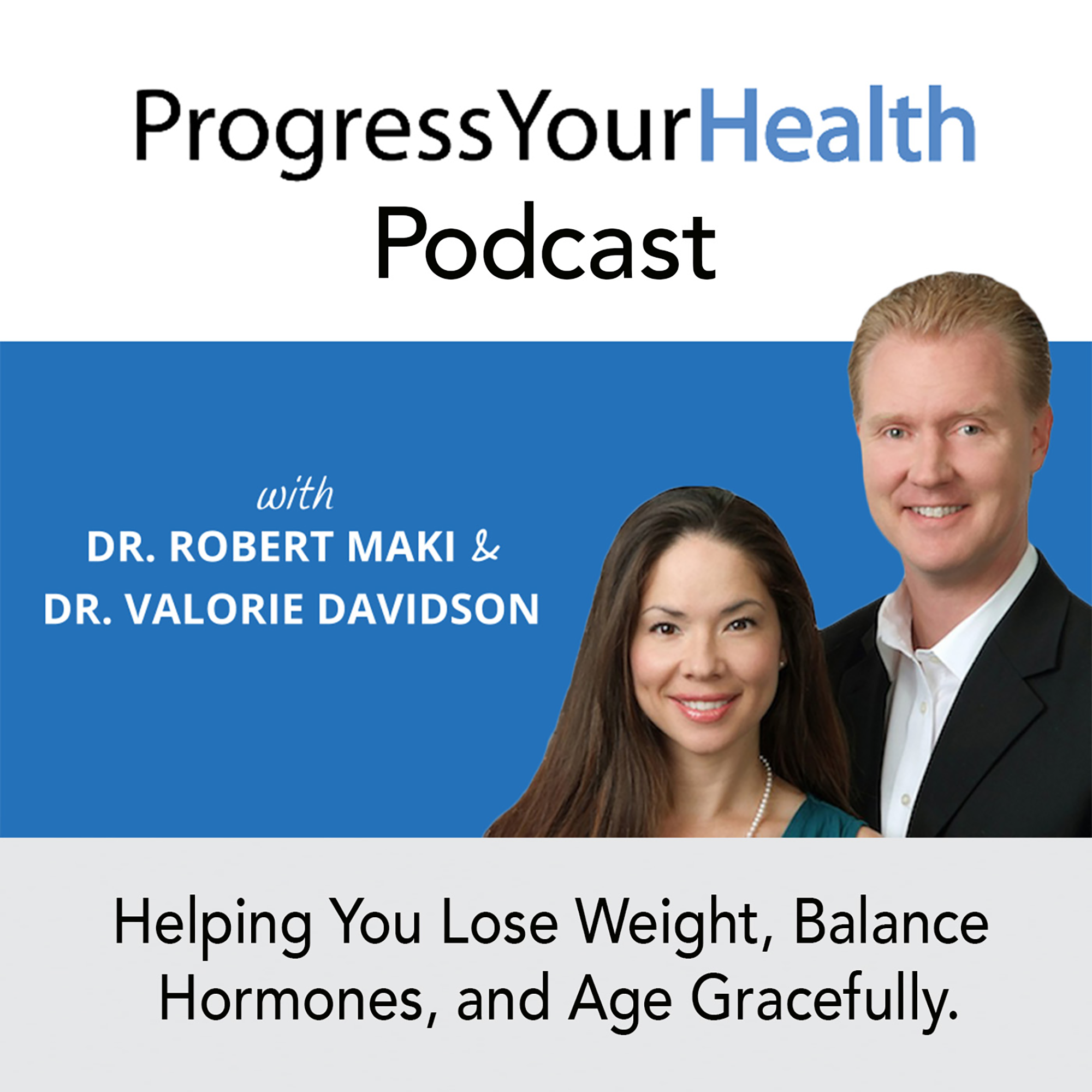The body spends a great deal of energy to balance blood sugar with a very specific hormonal mechanism. The two main hormones are insulin and glucagon.
Insulin an incredibly important hormone in our bodies. It is released in response to glucose in the body and allows the glucose to enter the cell to supply energy. Without insulin, blood sugar would rise to unhealthy levels, and would diagnosed as Diabetes Type One. On the other hand, insulin is also considered a energy (fat) storage hormone. Which means, too much insulin can result in too much fat storage, weight gain.
Remember insulin rises only in response to glucose. Carbohydrates eaten are converted to glucose in the bloodstream which in turn signals insulin to be released from the pancreas. The more sugar, refined or processed a carbohydrate food is, the higher/quicker the blood glucose rise, hence the higher the insulin secreted.
Over years, the more processed, high glycemic carbohydrate foods we eat, the the higher the glucose response and in turn the higher the insulin levels. This is the reason we can eat a cheeseburger, french fries and a milkshake when we are young and not gain a pound, but eat that when we hit our 40’s, an assured 5 pounds are tacked on.
High levels of insulin over time increases our ability to store fat. The slower metabolism everyone describes as we get older, is not due to age, but due to metabolic hormones, especially insulin and its fat-storage capabilities. Again, the goal of any weight loss program needs to reduce and reset the levels of insulin secreted by the body.
Glucagon is also a hormone released from the pancreas, but it is counter-regulatory to insulin. That means that when insulin is low, glucagon is high and vice versa. Glucagon is responsible for mobilizing glucose to keep our blood sugar maintained when we haven’t eaten for a while.
For example, if you have not eaten for several hours, glucagon is released from the pancreas and which signals your liver conduct glycogenolysis. Glycogenolysis mobilizes glucose from the liver which creates glucose (sugar) even though you have not eaten. Glucagon is important to help promote the process of maintaining your blood glucose levels so you do not pass out and die.
If you would like to join our insulin testing group, you can visit progressyourhealth.com/IT
The post How Does the Body Balance Blood Sugar? | PYHP 011 appeared first on .

In this episode, we discuss the immune system and give you specifics to help you during the cold and flu season. Most of us...

In this episode, we discuss a listener’s question about perimenopause. ‘Maggie’ is in her 40’s and experiencing severe insomnia with anxiety. She has tried...

When it comes to hair loss, the first question women ask is, “can thyroid problems cause hair to fall out?” The answer to this...